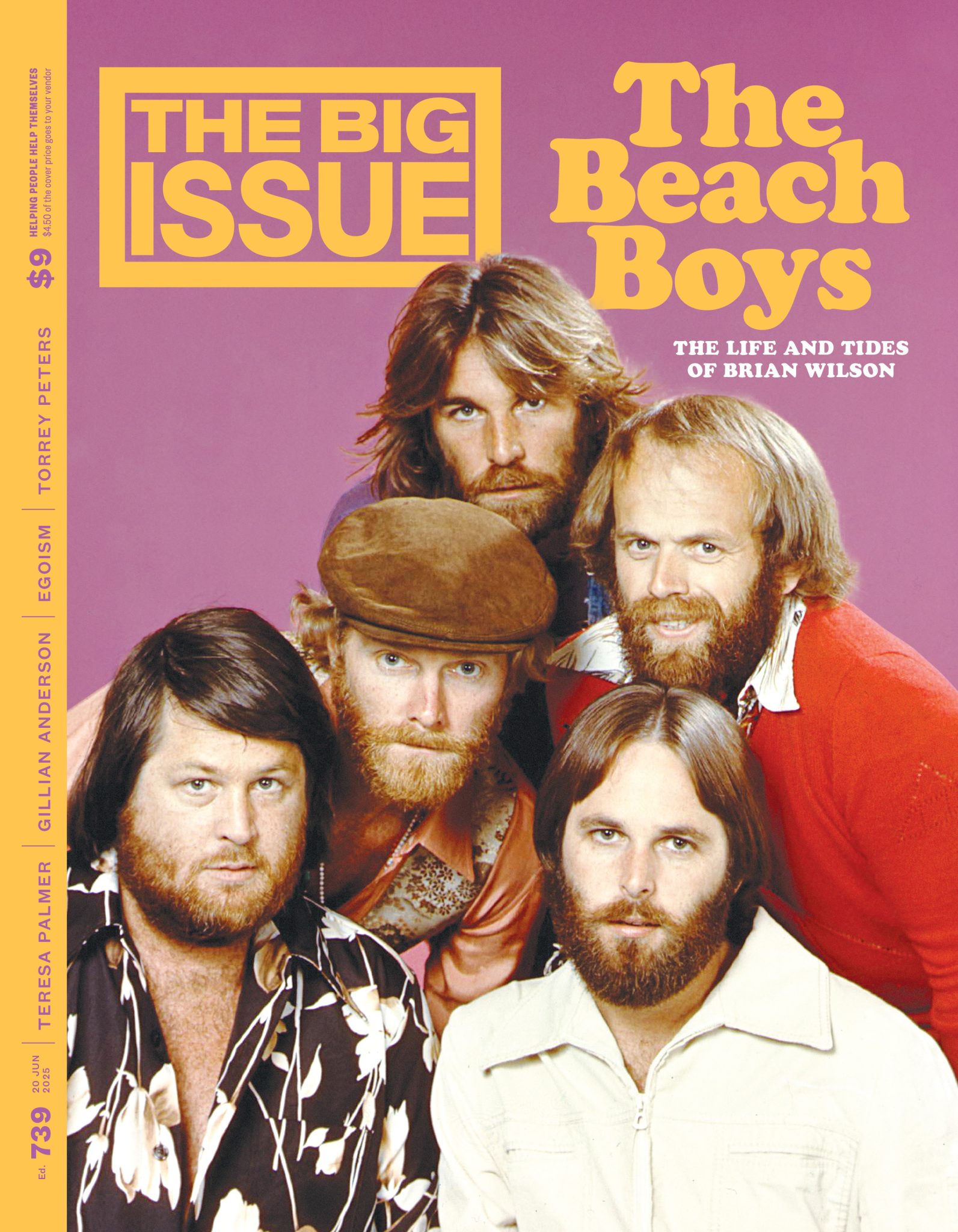Earth’s Mothers
This Mother’s Day, Zoe Deleuil sends her love to everyone who shows the world some tender loving care.
Let me love the world like a mother,” wrote American poet Maggie Smith. “Let me be tender when it lets me down.”
As Mother’s Day rolls around each May, I always find myself thinking of those people who find the day hard. Women who want to be mothers, but aren’t. Women who have lost a child. And those who no longer have their mothers around to give flowers to, or never did.
When I first became a mother, 10 years ago, I was so utterly bewildered by my new identity, so unsure of it, that if I went out without my pram, I had an inexplicable urge to let people know I did, in fact, have a baby. After years of full-time work and freedom, caring for someone else on a daily basis was a foreign world to me. How was I supposed to fill the days, I wondered, staring at my small wordless companion. How long would this go on for? And when my son started to move, and I became his bodyguard as well as his carer, I found the eternal watchfulness exhausting after a lifelong habit of disappearing into books or daydreams when things got difficult. Why does no-one tell you how hard this is? I asked myself, like every other mother of a toddler before me.
“It all comes back to you,” a woman told me one day in a charity shop as I dropped off some old clothes while juggling a grumpy three-year-old and a fretful newborn. I looked at her in disbelief. It felt impossible to see anything beyond the two faces, the two small, vulnerable bodies I needed to somehow keep safe and fed and washed. It felt like such hard, thankless work, with no end in sight.
And then one day, at a writers’ festival, I listened to an elderly woman talk about her life as a carer for her husband. “It’s a privilege to do something for someone that they can’t do for themselves,” she said. Hearing her, I realised that the work of carers and parents may not always be valued, nor even seen, by many, but it comes with other rewards. Even if my children were the only people who noticed my work, who even knew what we did on our long days together at home, it mattered.
These days, my kids are at school and those luxuries that I longed for – time, space, unbroken sleep – have all come back to me like they never left. My kids are now independent people with their own private worlds. It happened slowly – that moment my son muttered a joke to me under his breath that he knew I’d find funny, or rode off on his bike with a friend, or made his own toast. They have a whole world at school – identities and friendships and full days of learning – that I know little of. While my eyes are still fixed on them, theirs’ are set eagerly on the future. Of course, sometimes I miss those early days, the weight of those babies in my arms, but it’s amazing to see them grow, to discover their talents and concerns as people as they step into the wider world.
When I first had children, I thought that mothering was an identity. It still is, of course, but more than that, it’s a verb. It’s about caring for others, looking out for them, helping, guiding, praising. Keeping your eyes on what matters to them, and knowing that making a small, positive difference to someone else’s day is enough.
These days I often find myself with extra kids: neighbours, my sons’ school friends, nieces and nephews. The empty chair at the table for that elusive third child I wanted but never quite got around to having is now occupied by a classmate whose mother lives overseas, or the neighbour kid looking for someone to clap her cartwheel or listen to her breathless stories until her own mum gets home.
I can see now that the work of mothering, and of loving the world like a mother, isn’t just reserved to those who have children of their own, but to anyone who taps into their human instinct to nurture and care for others.
All around me, I see child-free friends and people I admire channelling their empathy and creativity and hard graft into successful businesses, works of art, activism, books, the environment, adored pets and nieces and nephews and students. They are the teachers and aunties and mentors and business owners and foster parents. They are the unpaid carers looking after family members and friends, whose workload has only increased since COVID. There are so many ways to care.
I’m thinking, too, of Grace Tame’s unforgettable words: “It shouldn’t take having children to have a conscience. And, actually, on top of that, having children doesn’t guarantee a conscience.”
So on this and every other Mother’s Day I send out flowers and good thoughts to everyone who loves the world like a mother. Who is tender when it lets them down.
Zoe Deleuil (zoedeleuil.com) is a Perth writer. Her debut novel, The Night Village, will be published by Fremantle Press in August.
First published in The Big Issue Australia #636
